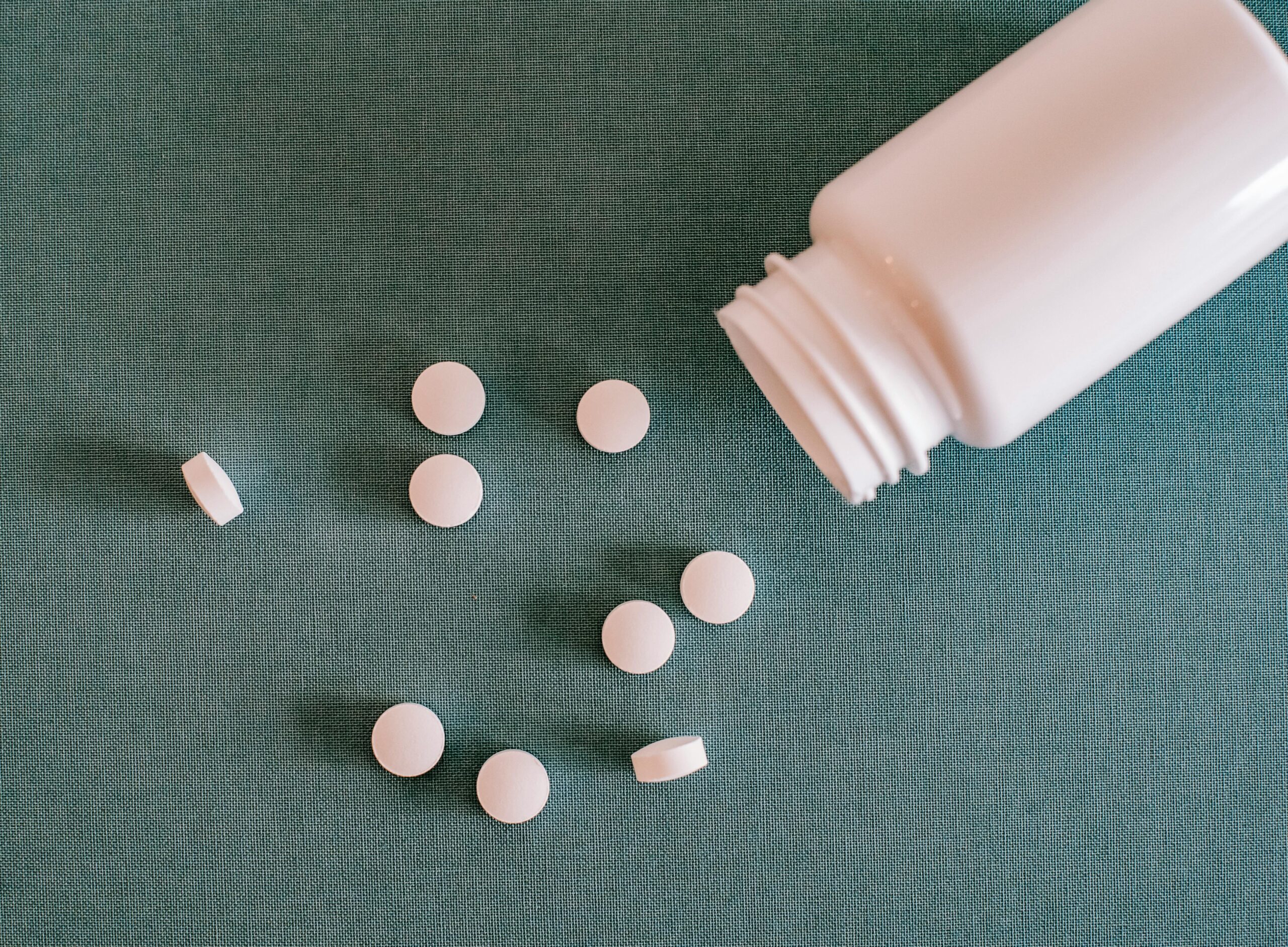The distinction between crack and cocaine extends beyond mere chemical differences; it encompasses varying patterns of use, addiction potential, and societal repercussions. Crack, with its method of consumption and immediate euphoric effects, fosters a rapid cycle of dependency that complicates recovery efforts. In contrast, cocaine’s slower onset allows for a different trajectory of use and addiction. Understanding these nuances is vital, as they have profound implications not only on individual health but also on broader societal dynamics. What factors contribute to crack’s notorious reputation, and how do they manifest in real-world scenarios?
Differences Between Crack and Cocaine
Many individuals may be unaware of the significant differences between crack and cocaine, which can greatly impact their effects on the user. While both substances derive from the coca plant, they exist in different forms and have distinct effects. Cocaine is typically found as a white powder and is often snorted or injected, leading to a delayed onset of euphoria. In contrast, crack cocaine comes in the form of small, hard rocks that are smoked, producing an immediate and intense high. This rapid onset can contribute to a heightened risk of addiction, as users may seek to replicate the euphoric feelings more frequently.
The intense cravings associated with crack cocaine can complicate the journey of addiction recovery, often leading individuals to feel trapped in a cycle of use. Understanding these differences is essential for anyone contemplating their relationship with these substances. If you or someone you know is struggling with crack cocaine use, seeking help, such as detoxification services, can provide the necessary support and resources to facilitate healing and promote healthier choices. Acknowledging these distinctions may be an important step toward a healthier, drug-free life.
Health Risks of Crack Use
Crack cocaine poses numerous health risks that can severely impact both physical and mental well-being. The method of use, typically involving smoking, delivers an intense and immediate high, but this comes at a significant cost. The health effects of crack use are profound, including respiratory issues, cardiovascular problems, and neurological damage. These physical risks can lead to long-term complications, such as chronic lung disease or heart attack. The addiction severity associated with crack is markedly higher than that of cocaine in its powdered form, leading to heightened psychological issues like anxiety, paranoia, and depression.
These mental health challenges can further exacerbate the physical health effects, creating a vicious cycle that is difficult to escape. Acknowledging these risks is vital for anyone considering the implications of crack use or struggling with addiction. Seeking help from a professional treatment program can provide the necessary support and resources to address these serious health concerns. Remember, it’s never too late to reach out for help and start the journey toward recovery and improved well-being.
Societal Impact of Crack Addiction
The societal impact of crack addiction extends far beyond the individual, affecting families, communities, and healthcare systems. The pervasive nature of addiction leads to strained relationships, as loved ones often experience emotional distress and financial instability. Families may struggle with the burden of caregiving, leading to increased stress and breakdowns in communication. Communities bear the weight of crack addiction through elevated crime rates, homelessness, and a general decline in neighborhood safety. This environment can hinder community resources, essential for recovery and support.
As addiction proliferates, healthcare systems become overwhelmed, diverting resources away from other significant services. Fortunately, there are treatment options available that can help individuals reclaim their lives. These options often include counseling, medication-assisted treatment, and support groups, which can be instrumental in fostering recovery. Community resources, such as local rehabilitation centers and outreach programs, play an essential role in providing accessible support, encouraging individuals to seek help without stigma. Understanding the broader implications of crack addiction is important in encouraging collective action towards recovery and support for those affected.

Final Thoughts
In conclusion, the distinctions between crack and cocaine highlight the heightened dangers associated with crack use, particularly due to its method of consumption and rapid onset of euphoria. The health risks are profound, leading to severe physical and psychological consequences. Additionally, the societal impact of crack addiction exacerbates existing challenges within communities. Understanding these factors is essential for fostering effective prevention and treatment strategies, ultimately supporting individuals affected by addiction in their journey toward recovery and healing.
At Altitude Recovery, we’re here to elevate you from the challenges of substance use to a place of lasting resilience and renewal. Our dedicated team crafts personalized, evidence-based treatment plans, guiding you on a journey uniquely tailored to your needs and goals. Reach out for the compassionate support you deserve on your path to wellness by contacting us. Follow us on Facebook for more insights, resources, and stories of hope as we walk alongside you towards recovery.
Frequently Asked Questions
Can Crack Addiction Be Treated Effectively in Rehab Programs?
Crack addiction can be effectively treated in rehabilitation programs through various treatment modalities tailored to individual needs. These programs often incorporate behavioral therapies, counseling, and support groups to address the psychological aspects of addiction. Additionally, emphasis on relapse prevention strategies equips individuals with coping mechanisms to navigate triggers and cravings. Seeking help in a supportive environment fosters recovery and empowers individuals to rebuild their lives, ultimately leading to lasting sobriety and improved well-being.
What Are the Signs of Crack Addiction in Someone?
Recognizing the signs of crack addiction is essential for timely intervention. Individuals may exhibit physical symptoms such as weight loss, dilated pupils, and frequent nosebleeds. Emotional changes often include increased anxiety, mood swings, and irritability. These signs may escalate as addiction progresses, impacting relationships and daily functioning. If you or someone you know is experiencing these symptoms, seeking help through a professional rehabilitation program can provide the necessary support and resources for recovery.
How Does Crack Affect Mental Health Differently Than Cocaine?
Crack cocaine greatly alters mental health through its intense neurotransmitter impact, particularly affecting dopamine levels. This leads to heightened psychological effects, including increased anxiety, paranoia, and mood swings. Unlike powdered cocaine, crack’s rapid onset and shorter duration can exacerbate these symptoms, leading to a cycle of addiction and emotional instability. Understanding these differences is vital for individuals considering treatment options, as early intervention can provide essential support for recovery and mental well-being.
Are There Support Groups for Families of Crack Addicts?
Yes, there are support groups specifically designed for families of individuals struggling with crack addiction. These groups provide a safe space for family members to share their experiences, explore family dynamics, and develop coping strategies. Participating in such groups can foster understanding and resilience, helping families navigate the challenges of addiction. Resources like Al-Anon and Nar-Anon offer valuable support, promoting healing and connection among those affected by a loved one’s substance use.
What Are the First Steps to Seek Help for Crack Addiction?
Seeking help for crack addiction is a vital step toward recovery. Begin by recognizing the need for change and consulting healthcare professionals experienced in addiction treatment. Intervention strategies, including therapy and support groups, can provide essential guidance. Be prepared for withdrawal symptoms, which may occur during detoxification. Surrounding yourself with supportive individuals, such as family members or friends, can greatly enhance your journey to recovery, fostering a sense of community and understanding.




